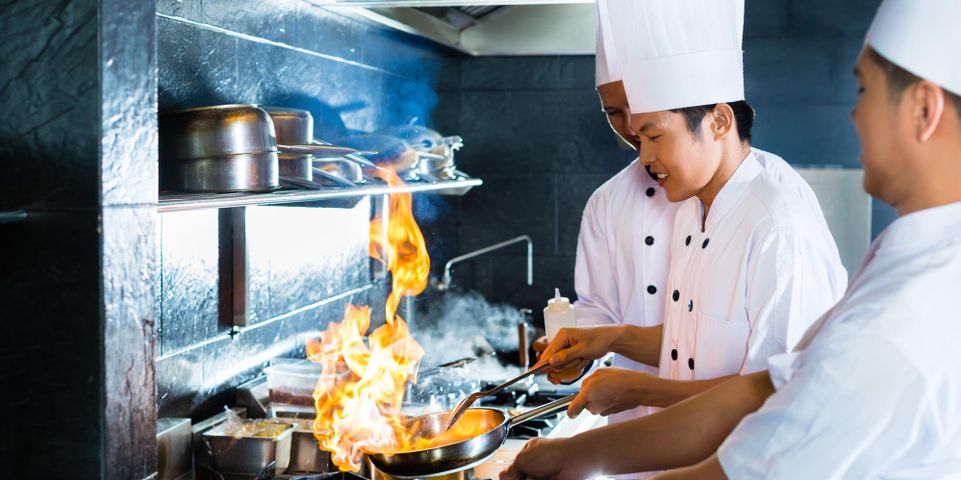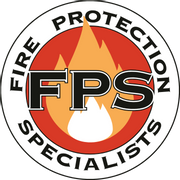3 Ways to Control Grease in Your Commercial Kitchen

Grease is inevitable in a commercial kitchen; however, if it’s not managed correctly, there’s an increased risk of fire, not to mention sewer problems and danger to your employees. Proper maintenance of your grease trap and regular hood cleaning can help keep grease under control, but there are additional steps you can’t ignore.
How to Manage Kitchen Grease
1. Take Care of the Grease Traps
 Grease traps are a vital tool in keeping grease, fats, and oils from entering the sewer system and causing damage and environmental problems. The grease trap should be cleaned regularly, but the kitchen also needs policies to prevent grease from going into the sink in the first place. Remind staff not to pour grease down the drain, install filters to keep solid waste from clogging the trap, and wipe greasy dishes and cookware before washing them.
Grease traps are a vital tool in keeping grease, fats, and oils from entering the sewer system and causing damage and environmental problems. The grease trap should be cleaned regularly, but the kitchen also needs policies to prevent grease from going into the sink in the first place. Remind staff not to pour grease down the drain, install filters to keep solid waste from clogging the trap, and wipe greasy dishes and cookware before washing them.
2. Bake Instead of Fry
Frying food is responsible for much of the grease in a commercial kitchen. You can reduce the amount of grease produced by switching to baking food instead of frying. Not only is baking a healthier alternative that customers will appreciate, but it also reduces cleanup and the likelihood of a grease fire or other emergency.
3. Have Grease Cleanup Protocols
Grease is highly combustible, and when it’s not cleaned correctly, it creates a hazard. Establish strict processes and procedures for cleaning the kitchen, including when there are spills. These protocols should include the floor as well as counters and other surfaces. A thorough cleaning schedule, including hood cleaning and degreasing of the ventilation system, is also necessary to maintain a safe kitchen. Most restaurants, for instance, need hood cleaning at least quarterly, to prevent grease buildup.
To keep your commercial kitchen safe, schedule a professional hood cleaning with Fire Protection Specialists. With locations in Bangor, La Crosse, and Eau Claire, WI, these certified technicians will thoroughly clean your kitchen ventilation system to remove all grease buildup and reduce the risk of fire. They’re part of the International Kitchen Exhaust Cleaning Association so that you can have even more peace of mind. Call (800) 658-9463 to schedule a service, or visit their website to learn more.
About the Business
Have a question? Ask the experts!
Send your question

